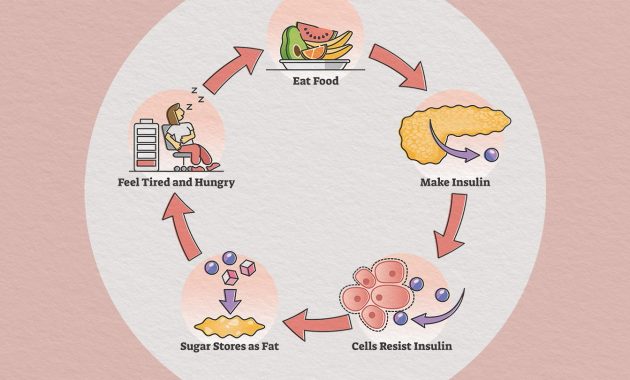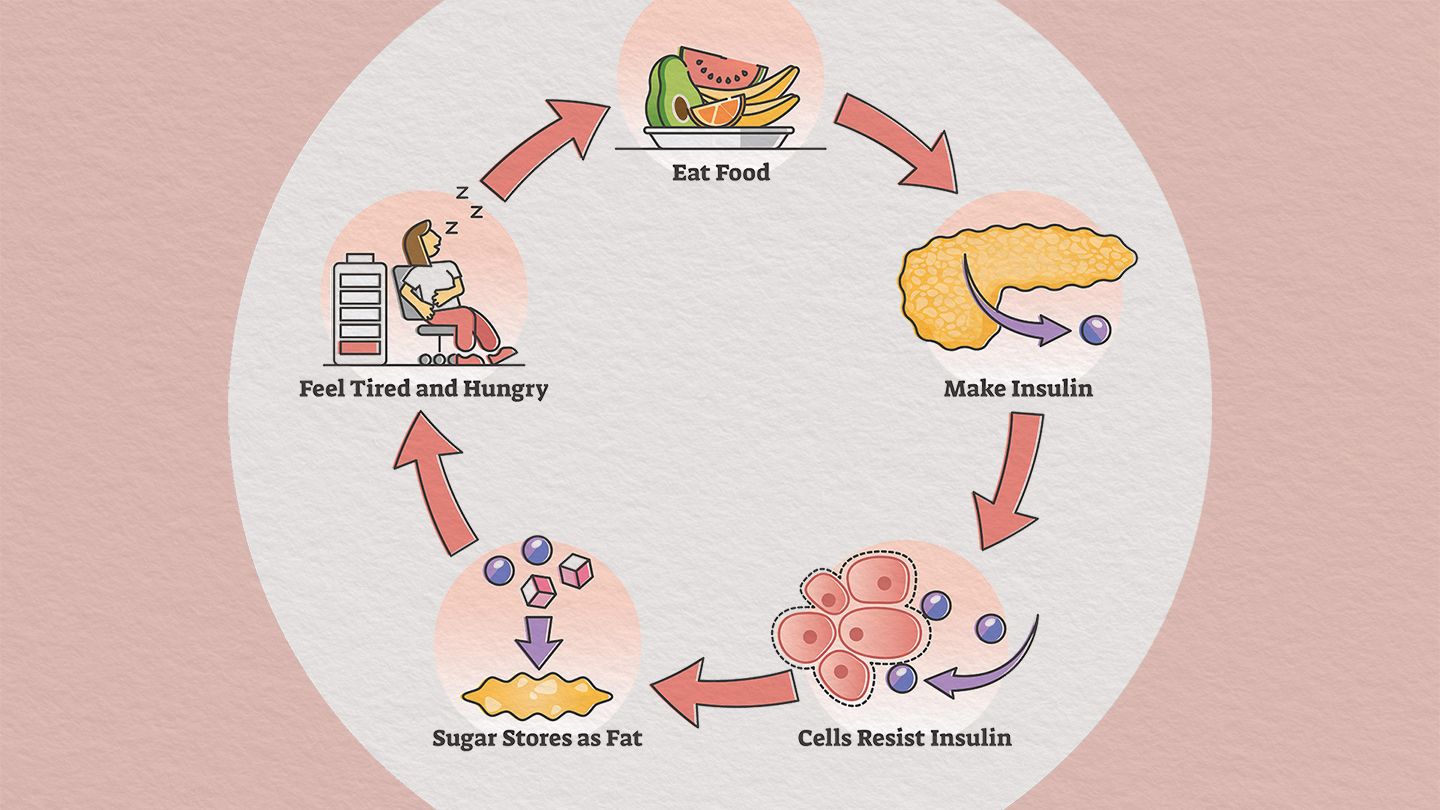
Diabet Proven Methods to Boost Insulin Sensitivity: Your Guide to Better Health
Insulin resistance is a significant health concern, often preceding type 2 diabetes and contributing to various metabolic disorders. Fortunately, research consistently reveals that improving insulin sensitivity is achievable. This article delves into diabet proven methods to boost insulin sensitivity, offering actionable strategies backed by scientific evidence. We will explore lifestyle modifications, dietary adjustments, and other interventions that can empower you to take control of your health. The goal is to provide a comprehensive, easy-to-understand guide to help you improve your body’s response to insulin.
Understanding Insulin Resistance and Its Impact
Insulin, a hormone produced by the pancreas, plays a crucial role in regulating blood sugar levels. It acts as a key, unlocking cells to allow glucose (sugar) from the bloodstream to enter and be used for energy. Insulin resistance occurs when cells become less responsive to insulin, requiring the pancreas to produce more insulin to maintain normal blood sugar levels. Over time, this can lead to prediabetes, type 2 diabetes, and other health problems. These include cardiovascular diseases and non-alcoholic fatty liver disease (NAFLD).
Several factors contribute to insulin resistance, including genetics, lifestyle choices, and environmental influences. Obesity, particularly excess abdominal fat, is a major risk factor. A sedentary lifestyle, poor diet, and chronic stress also play significant roles. Recognizing the signs and symptoms of insulin resistance is crucial. These can include increased thirst and hunger, frequent urination, fatigue, and darkened skin patches (acanthosis nigricans). Early detection and intervention are key to preventing the progression to more serious health conditions.
Dietary Strategies to Enhance Insulin Sensitivity
Diet is a cornerstone of managing insulin resistance. Making informed food choices can significantly impact your body’s ability to respond to insulin. The following dietary strategies are diabet proven methods to boost insulin sensitivity:
- Prioritize Whole, Unprocessed Foods: Focus on a diet rich in whole foods, including fruits, vegetables, lean proteins, and whole grains. These foods are typically lower in added sugars and refined carbohydrates, which can contribute to insulin resistance.
- Limit Refined Carbohydrates and Sugary Drinks: Reduce your intake of processed foods, sugary drinks, and refined grains. These foods cause rapid spikes in blood sugar levels, which can exacerbate insulin resistance. Choose whole-grain alternatives and unsweetened beverages.
- Embrace Fiber-Rich Foods: Fiber slows down the absorption of glucose, helping to stabilize blood sugar levels. Include plenty of fiber-rich foods in your diet, such as vegetables, fruits, and legumes. Fiber also promotes feelings of fullness, aiding in weight management.
- Choose Healthy Fats: Incorporate healthy fats into your diet, such as those found in avocados, nuts, seeds, and olive oil. These fats can improve insulin sensitivity and support overall health. Limit your intake of saturated and trans fats.
- Consider a Low-Glycemic Diet: Foods with a low glycemic index (GI) release glucose into the bloodstream more slowly. This can help prevent blood sugar spikes and improve insulin sensitivity. Focus on foods with a low GI, such as non-starchy vegetables, legumes, and some fruits.
The Power of Physical Activity
Regular physical activity is a potent tool for improving insulin sensitivity. Exercise helps muscles utilize glucose for energy, thereby reducing the need for insulin. Here’s how physical activity can help:
- Engage in Regular Aerobic Exercise: Activities like brisk walking, running, swimming, and cycling improve insulin sensitivity. Aim for at least 150 minutes of moderate-intensity aerobic exercise per week.
- Incorporate Resistance Training: Strength training, such as weightlifting or bodyweight exercises, builds muscle mass. Muscle tissue is more metabolically active than fat tissue, and it helps improve insulin sensitivity. Include strength training exercises at least two times per week.
- Combine Aerobic and Resistance Training: The combination of aerobic and resistance training offers the most significant benefits for insulin sensitivity. This approach addresses both cardiovascular health and muscle mass.
- Be Consistent: Consistency is key. Make physical activity a regular part of your routine. Even short bursts of activity throughout the day can make a difference.
Supplements and Other Interventions
While diet and exercise are the cornerstones of improving insulin sensitivity, certain supplements and other interventions may also be beneficial, and are diabet proven methods to boost insulin sensitivity. Always consult with a healthcare professional before starting any new supplement regimen.
- Consider Berberine: Berberine is a natural compound that has shown promise in improving insulin sensitivity and lowering blood sugar levels. Studies have shown it can be as effective as some medications.
- Explore Magnesium: Magnesium plays a role in glucose metabolism and insulin signaling. Magnesium deficiency has been linked to insulin resistance. Supplementing with magnesium may improve insulin sensitivity.
- Investigate Chromium: Chromium is a trace mineral that may enhance insulin action. Some studies suggest that chromium supplementation can improve insulin sensitivity.
- Prioritize Adequate Sleep: Poor sleep quality is associated with insulin resistance. Aim for seven to nine hours of quality sleep each night. Establish a regular sleep schedule and create a relaxing bedtime routine.
- Manage Stress: Chronic stress can contribute to insulin resistance. Practice stress-reducing techniques such as meditation, yoga, or deep breathing exercises. Consider engaging in hobbies and activities you enjoy.
The Role of Weight Management
Excess weight, particularly abdominal fat, is a major contributor to insulin resistance. Losing even a small amount of weight can significantly improve insulin sensitivity. Weight management strategies include:
- Follow a Balanced Diet: Focus on consuming whole, unprocessed foods and limiting refined carbohydrates and sugary drinks. Create a calorie deficit by consuming fewer calories than you burn.
- Engage in Regular Physical Activity: Exercise helps burn calories and build muscle mass, both of which can aid in weight loss. Aim for a combination of aerobic and resistance training.
- Seek Professional Guidance: Consult with a registered dietitian or healthcare professional for personalized weight loss guidance. They can help you create a sustainable plan that meets your individual needs.
Monitoring and Maintaining Insulin Sensitivity
Regular monitoring is essential to assess your progress and make adjustments to your lifestyle as needed. Consider these steps:
- Monitor Blood Sugar Levels: Regularly check your blood sugar levels, especially if you have prediabetes or diabetes. This will help you track your body’s response to your interventions.
- Get Regular Checkups: Visit your healthcare provider for regular checkups. They can assess your overall health and monitor your insulin sensitivity.
- Adjust Your Plan as Needed: Be prepared to adjust your diet, exercise routine, or other interventions based on your progress and feedback from your healthcare provider. Consistency is key to long-term success.
- Stay Informed: Continue to stay informed about the latest research and best practices for managing insulin resistance. Knowledge is power.
Conclusion: Taking Control of Your Health
Improving insulin sensitivity is a crucial step toward better health. By implementing these diabet proven methods to boost insulin sensitivity, you can significantly reduce your risk of developing type 2 diabetes and other metabolic disorders. Remember that lifestyle changes take time and effort. Be patient with yourself and celebrate your successes along the way. Consult with your healthcare provider to develop a personalized plan that meets your individual needs. Taking proactive steps to improve your insulin sensitivity is an investment in your long-term well-being.
This article provides a comprehensive overview of diabet proven methods to boost insulin sensitivity. Implementing these strategies can help you improve your body’s response to insulin and enhance your overall health. Remember to consult with a healthcare professional for personalized guidance. [See also: Related Article Titles]

